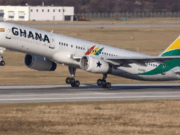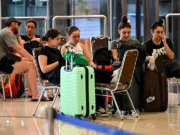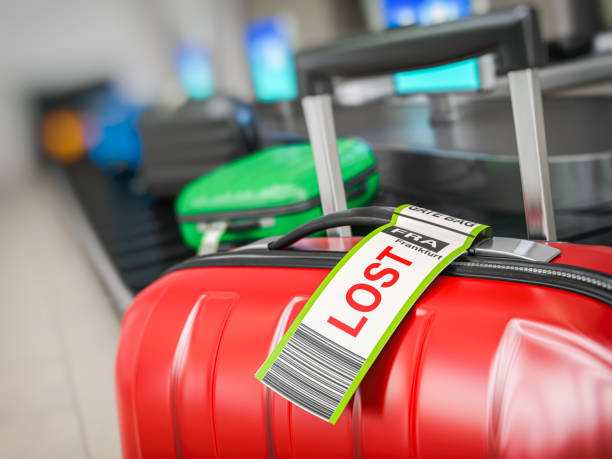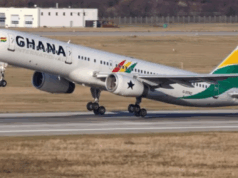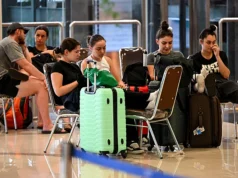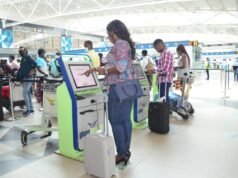Airlines spent US$5bn on mishandled luggage in 2024 | News Desk Report | Airlines spent over US$ 5 billion tracing and reconciling mishandled baggage with passengers in 2024, the SITA Baggage IT Insights 2025 report has revealed.
A total of 5.3bn passengers travelled by air in 2024; an 8.2% increase over 2023. As the number of passengers increased, so did the volume of checked luggage. But the global rate of mishandled checked luggage fell to 6.3 bags per 1,000 passengers in 2024. This was better in the Africa-Middle East region at 6.02 bags per 1,000 passengers and among the best worldwide.
The Middle East & Africa’s air transport sector kept pace with global passenger surges in 2024, achieving remarkable baggage results despite increasing system demands.
According to the newly released SITA Baggage IT Insights 2025, the region maintained one of the world’s strongest performances, reporting 6.02 mishandled bags per 1,000 passengers, slightly up from 4.5 in 2023, but still among the best worldwide.
The global picture also tells a story of progress. Despite an 8.2% increase in worldwide traffic in 2024, the overall mishandling rate dropped to 6.3 bags per 1,000 passengers, down from 6.9 the previous year and 67% lower than in 2007. The total number of mishandled bags decreased to 33.4 million, compared to 33.8 million the previous year.
Of the 33.4 million mishandled bags, over 66% (22 million) were resolved and closed in SITA WorldTracer® within 48 hours, underscoring the industry’s ability to quickly reunite passengers with their luggage. Specifically, out of the 22 million, 25% were resolved within 12 hours, 38% within 24 hours, and another 38% within 48 hours.
But while these results show clear improvement, baggage mishandling still cost the industry an estimated $5 billion in 2024 and passengers are increasingly expecting more from the industry. The costs, from courier returns and customer service to claims handling and lost productivity, highlight the urgency of continued investment in real-time, automated, and data-driven baggage systems.
“In air transport, transformation isn’t a phase, it’s the norm. The industry is constantly evolving, driven by technology, passenger expectations, and global change.” said David Lavorel, CEO of SITA. “We’ve seen a radical shift with automation and the widespread use of real-time tracking. Passengers now expect their baggage experience to be as easy and transparent as using a rideshare or delivery app. It’s no longer just about moving bags, it’s about delivering a smooth, connected journey. Airlines are ready to tap into technology that improves the passenger experience while keeping costs down and being simple to roll out. Together with our partners, we’re reimagining baggage handling to give passengers full visibility and control from departure to arrival, giving them peace of mind and making travel simpler and better.”
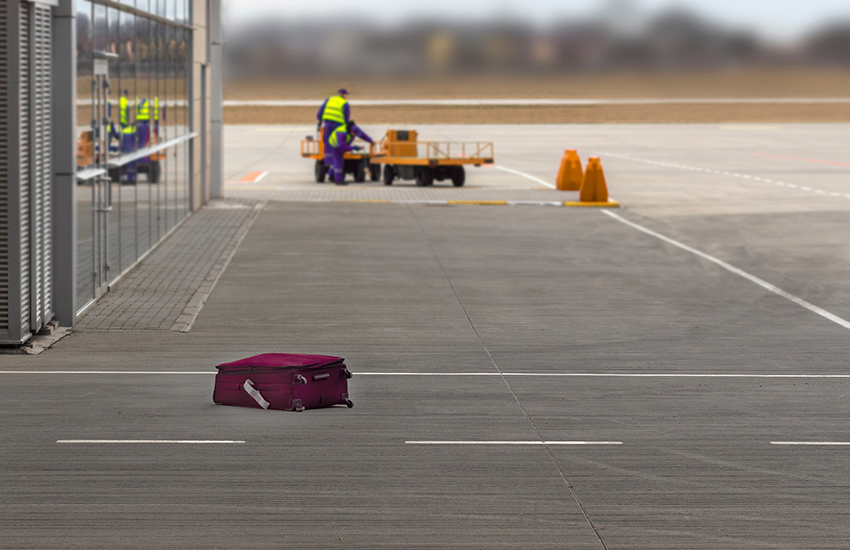
Tech maturity, not experimentation
Airports and airlines are now handling greater baggage volumes with more precision. Real-time tracking, AI-powered analytics, and self-service solutions are no longer experimental, they are becoming standard and they are clearly having an effect. This shows the real impact of investing in smart, data-driven baggage systems.
In 2024, 42% of passengers had access to real-time baggage updates, up from 38% the year before. Nearly half of travelers say mobile tracking would boost their confidence in checking in a bag, and 38% value the addition of digital ID tags.
Airlines have responded by prioritizing visibility across the baggage journey. Currently, 66% offer automated bag drop, and another 16% plan to by 2027. On the airport side, 65% plan to roll out biometric self-service bag drop by the same year.
A partnership between tech and trust
One of the standout innovations in 2024 was the integration of Apple’s Share Item Location feature with SITA WorldTracer®. Passengers can share the location of their Apple AirTag with airlines, allowing quicker baggage recovery. British Airways, Lufthansa, Qantas, Cathay, and Virgin Atlantic are among the adopters.
This integration also powers WorldTracers Auto Reflight, which automatically reflights bags on the original bag tag, identifies the cause of mishandling, and begins resolution with no human intervention required.
Where most bags go missing and how the industry is responding
Delayed bags remain the most common issue, accounting for 74% of mishandled baggage, down from 80% in the previous year. Lost or stolen bags made up 8%, while damaged or pilfered bags increased to 18%, up from 15% in 2023.
Transfer mishandling was the biggest contributor at 41%, showing improvement from 46% the previous year. Tagging or ticketing errors, security issues, and similar factors rose slightly to 17% (up 3 percentage points), while loading failures remained steady at 16%. Operational issues such as customs delays, weather, or capacity constraints increased to 10%, up from 8%.
“We’re making progress, but baggage still causes stress,” said Nicole Hogg, Director of Baggage at SITA. “Passengers want reassurance. The future of baggage is rapidly evolving with automation, computer vision, and mobile tools, we’re making the experience much more reliable.”
New standards aim to cut mishandling further
In 2025, the air transport industry approved the new Modern Baggage Messaging (MBM) standard. Designed to enhance data quality, MBM Version 2 is expected to reduce mishandling by another 5%.
These improvements build on IATA Resolution 753, which mandates baggage tracking at four key stages. The focus now is on using shared data to predict and prevent issues, not just report them.
Baggage as a service, not a challenge
Airports like Red Sea International in Saudi Arabia are already implementing next-generation baggage solutions, including off-airport check-in and real-time tracking, powered by SITA Bag Journey.
“Every bag matters,” Hogg added. “This isn’t just about reducing errors. It’s about creating trust in the journey and the technology is clearly making that possible.”
The SITA Baggage IT Insights 2025 report reflects the views and data of 280 airlines and IATA passenger traffic. SITA applies a weighting system, based on IATA passenger traffic statistics, to its WorldTracer® data to calculate the baggage mishandling rates.
Airlines spent US$5bn on mishandled luggage in 2024 | AviationGhana


